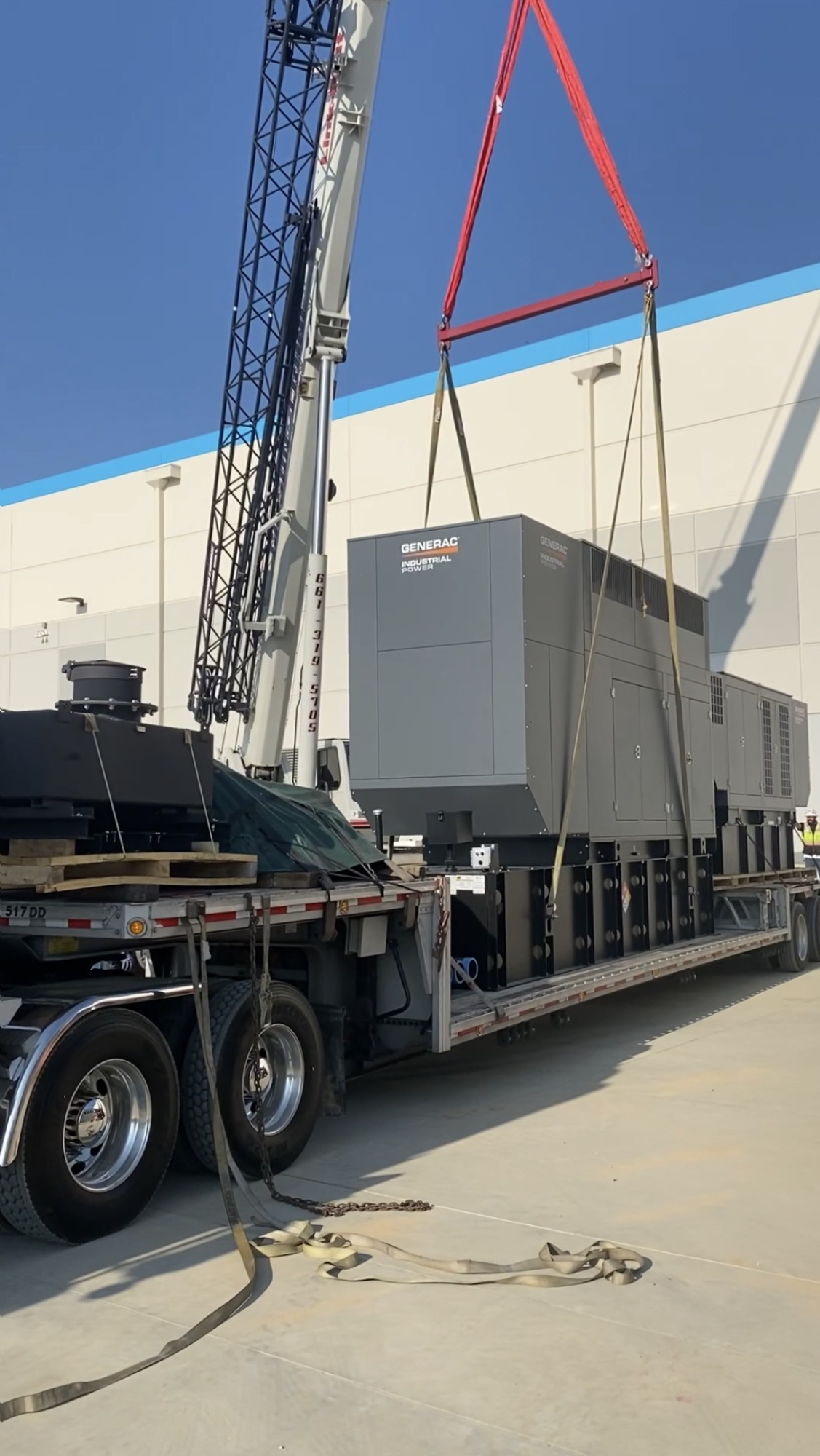Did you know the LTL industry is currently estimated at about $30 billion? The LTL industry is large and growing. But, you may be wondering: What is LTL freight?
LTL is one of the most widely-used types of shipping. It is an economical approach that helps save businesses time and money. It prevents you from paying for truck space that you don’t use.
Here is everything you need to know about LTL freight and how it differs from other kinds of freight:
What Is LTL Freight
Less than truckload freight shipping (LTL) is used for transporting small freight to and from locations. This is a great option for when freight does not require an entire trailer because you only have to pay for the space that you need.
If you have a single large machine that needs shipping, but it does not fill up a whole semi-truck, LTL freight is the way to go.
During LTL freight shipping, shippers only pay for the portion of the standard truck trailer that their freight occupies. Other shippers and their respective shipments fill the rest of the space. LTL freight shipping is all about sharing and everybody gets to save!
LTL shipping operates on a hub and spoke model. Large central terminals are the hubs while local terminals are the spokes.
The shipping rates are determined by dimensions, distance, type, mode, and classification of the freight.
The shipment is first weighed before being loaded onto the truck, which usually already contains shipments from other customers. All shipments will be heading toward the same general geographical direction.
LTL shipments are trucked to regional terminals, where they are then unloaded. From there, all shipments get sorted and put on different vehicles for delivery to their final destinations.
LTL freight moving companies can optimize LTL shipments to get the most affordable, safe, and efficient transportation for your freight.
Benefits of LTL Shipping
Simply put, LTL saves you time and money. Ditch paying for a full truckload!
LTL shipping is very cost-effective. You are only paying for the portion of the truck that you are using, so you will pay less. The other companies that are using the rest of the space in the truck will pay the rest of the fee.
Another benefit is LTL freight tracking. LTL carriers offer tracking capabilities through the PO number, PRO number, shipment reference number, pick-up date range, or bill of lading number.
Freight shipping via LTL allows you to earn access to special services such as inside pickup, inside delivery, and lift gates.
LTL shipments are more eco-friendly because they consolidate loads that usually would have taken up two or more trucks. Fewer trucks on the road lead to lower emissions, which helps reduces carbon emissions. The planet will thank you for choosing LRL freight shipping!
Another huge benefit of LTL freight shipping is increased security. Most LTL freight shipments are first packaged onto pallets before being loaded onto the truck. A well-packaged pallet has a higher chance of remaining secure than shipments with many smaller handling units.
LTL Freight Shipping Vs. Other Kinds of Shipping
Full truckloads (FTL or TL) freight or is the opposite of LTL freight shipping. FTL shipments occupy the entire space or weight limit of a whole truck. Only choose FTL shipping if you have high-volume shipments that you are sure will take up the entire truck.
FTL can be a quicker shipment because the shipment is heading to a single destination. LTL shipping might take longer because it requires multiple stops, but it has been helpful for the growth of many small businesses.
Some companies wait until they can reach FTL to send a shipment. LTL allows these companies to send these shipments our sooner, and in a more cost-effective way. So, while LTL shipments may take longer than FTL shipments, they can still help reduce shipping time because they allow companies to send shipments they otherwise would have waited longer to ship.
Parcel deliveries are also different than LTL freight shipping. Parcel shipping transports packages of different sizes from one location to another, and costs are dependent on the size and quantity of the parcels. Large parcel delivery can be transported in one trip, while LTL deliveries have multiple stops.
Less than container load (LCL) freight differs from LTL shipments because it is a combination of ground and water transportation. LTL freight shipments are mainly transported on roads only. LCL shipment is a good method for transporting ocean freight internationally.
Shared truckload (STL) shipping combines multiple freight from multiple shippers onto a full truckload shipment. As opposed to transporting multiple shipments that do not fill a whole truck space, STL utilizes the space by combining them into one, multi-load stop.
LTL Freight for Your Business
What is LTL freight and is it right for your business? You now have all the information to make the right decision.
You should consider LTL shipping if you want to maximize cost savings. If your business has freight under 15,000 pounds and that does not need an entire trailer, LTL shipping is a great option for you. It is perfect for small businesses!
Kaiser Logistics, Inc. specializes in brokering open deck LTL freight across 48 states and Canada. We provide freight transportation for small, mid-sized, and large companies with top-notch customer service. We take the worry out of large equipment moves!
Contact us to request a quote for your LTL shipment today!

